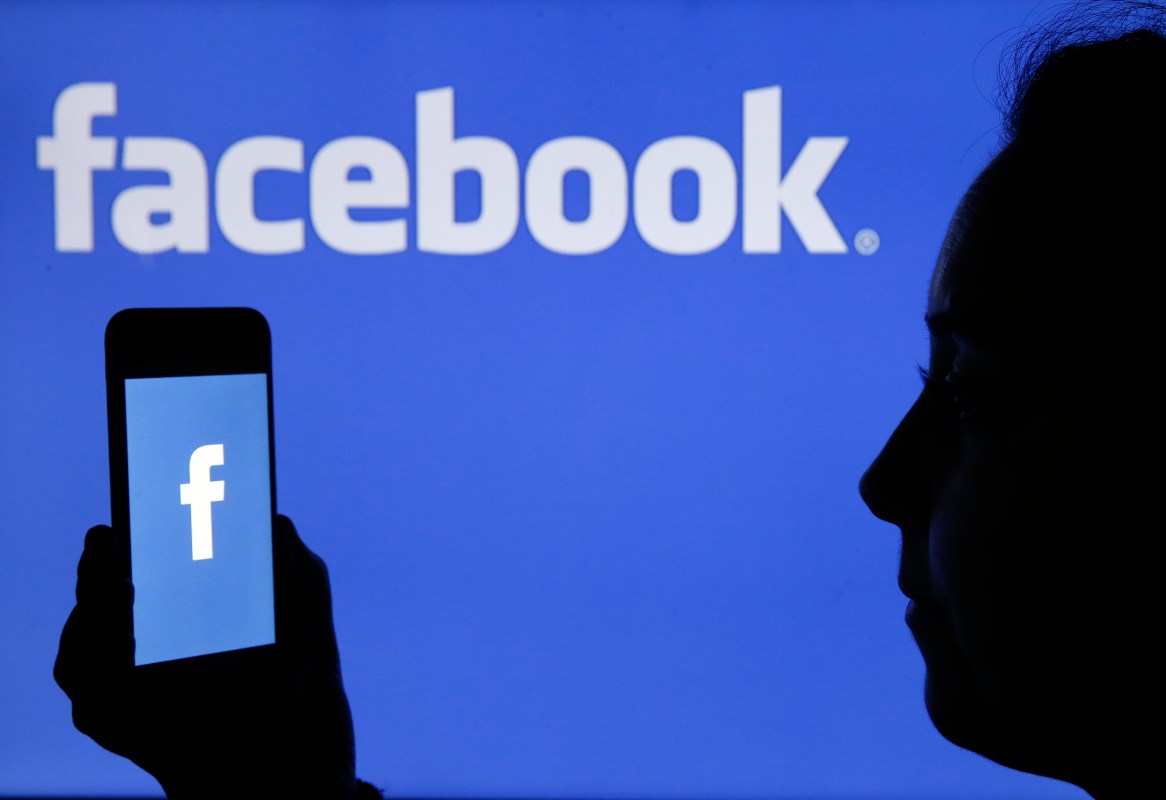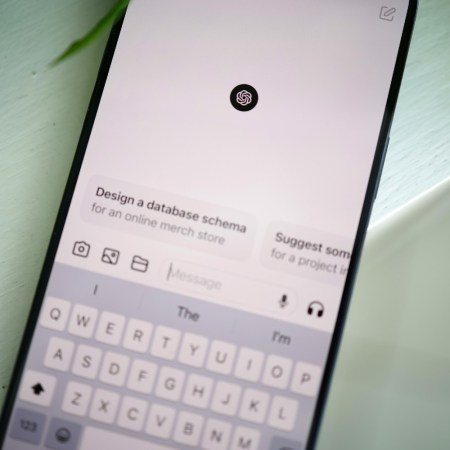Facebook has banned AI-manipulated deepfake videos ahead of the upcoming U.S. election. The new policy, announced Monday by Facebook head of global policy management Monika Bickert, will prohibit video that has been manipulated by AI to mislead viewers into thinking someone “said words that they did not actually say.”
According to Facebook, the new policy will ban content from its platforms if: “It has been edited or synthesized … in ways that aren’t apparent to an average person and would likely mislead someone into thinking that a subject of the video said words that they did not actually say,” and “It is the product of artificial intelligence or machine learning that merges, replaces or superimposes content onto a video, making it appear to be authentic.”
As the Guardian noted, this means the new policy only bans misinformation produced using AI, meaning “shallow fakes” or misleading videos produced using basic editing tools, are still allowed on Facebook-owned platforms.
The most notable examples of misleading video — including the fake “drunk Pelosi” video that appeared to show House speaker, Nancy Pelosi, slurring through a speech — haven’t been AI-produced, but were manipulated using simple video-editing tools. Such videos would still be available under Facebook’s new policy, and according to the Guardian, there have been no major examples of content that would actually violate the new standards.
Last year, Facebook introduced a separate policy allowing all content to remain on the platform, even if found to be in violation of Facebook’s guidelines, as long as it was deemed “newsworthy.” The policy protects all content posted by politicians as automatically “newsworthy,” meaning that even an AI-manipulated deepfake video could remain on the platform as long as it was posted by a politician.
“If someone makes a statement or shares a post which breaks our community standards we will still allow it on our platform if we believe the public interest in seeing it outweighs the risk of harm,” said Nick Clegg, Facebook’s vice-president of global affairs and communications, when the policy was introduced last year. “From now on we will treat speech from politicians as newsworthy content that should, as a general rule, be seen and heard.”
Subscribe here for our free daily newsletter.
Thanks for reading InsideHook. Sign up for our daily newsletter and be in the know.



















